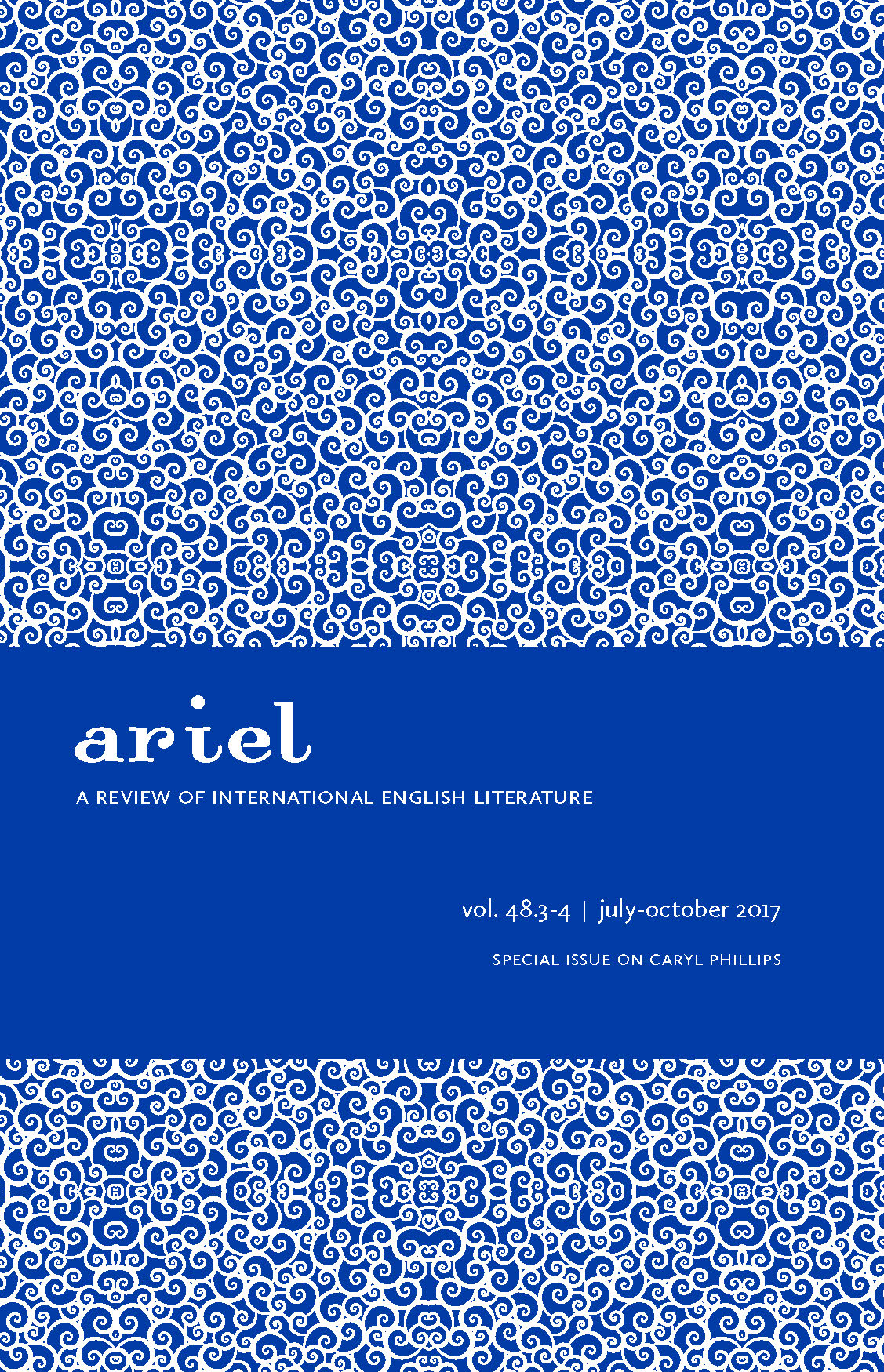Caryl Phillips’s The Lost Child: A Story of Loss and Connection
Keywords:
Caryl Phillips, The Lost Child, Wuthering Heights, intertextuality, familyAbstract
Postcolonial interrogations of the fraught historical relationship between Britain and the Caribbean have attempted, via different methodologies, to access or recuperate the experiences of the people forcibly brought into contact via the infamous Middle Passage. These studies face the enormity of temporal distance: how to conceive, now, of the “lostness” of those who centuries ago were brought from one world to another under coercion, or who came in expectation of transformative possibilities that proved devastatingly illusory, and who were all bound together by exile from home. One could argue that in the absence of a balanced and unbiased official record, the most effective imaginative evocations of this state of lostness have been articulated in Caribbean literature. Repeatedly, writers like George Lamming, Derek Walcott, Jean Rhys, Maryse Condé and Caryl Phillips – to name only some of the best-known – have engaged with the official colonial archive (historical and literary) of cultural and racial contact and clash. Their works attempt to evoke the human toll, the emotional and psychological impact of the “monumental groaning and soldering of two great worlds” (Derek Walcott, Omeros).
This paper looks at one example of such engagements, Caryl Phillips’s The Lost Child (2015). We call attention to the novel’s representation of the lost children of that very first encounter of north and south (specifically, eighteenth century northern Britain and the Caribbean); but also, the fate of their lost children, and children’s children. We also discuss the novel’s conversation with Emily Brontë’s Wuthering Heights, particularly with regard to the fascinating links between the Caribbean, Liverpool and the north of England. Additionally, the novel is read for its calling up of other texts by Caribbean writers, specifically those of Jean Rhys and several of Phillips’s own earlier work. The Lost Child engages in an intricate web of intertexuality and we elaborate on the structural and hermeneutic patterning of its conversation with other writers and their books. Like the historical fiction Cambridge (1991), the new novel is deeply invested in ‘literary parenthood’: the narrative reclamation/ adoption of absent stories, the unvoiced accounts of orphans, of lost, stolen or denied children of Empire missing from the literary and historical record even as their ghostly traces haunt it. The haunting trope of the lost child and the liminal and savage landscape of the heath pervade Phillips’s new work, a text in which narrative disjunction mirrors the broken and disjointed families that are its subject, and apparently illegitimate connections between the various strands of the novel challenge us to experience a rewarding simultaneity in our reading praxis.

